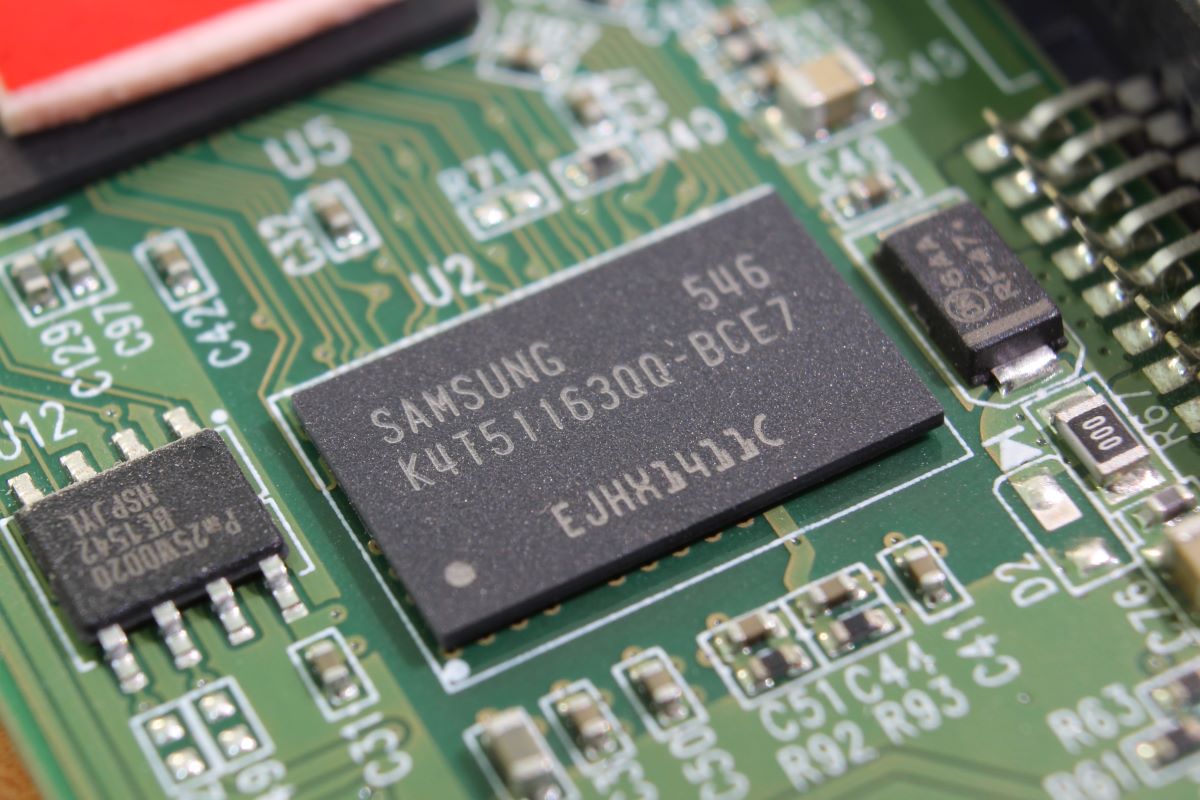Amid a slowdown in the global semiconductor industry, South Korea’s leading chip companies recorded losses in the first three months of 2023. Samsung Electronics reported on Thursday that its semiconductor business has witnessed a net loss of 4.6 tn won (~$3.4 bn) during the first three months of 2023. Along with that, the company also saw an 18.1% year-on-year drop in its revenues.
Meanwhile, SK Hynix posted losses to the tune of 3.4 tn won (~$2.5 bn), with its revenue falling by 58% year on year during this period. These two are among the world’s largest semiconductor businesses. Samsung is the world’s largest memory chipmaker and SK Hynix the second-largest.
“The short-term outlook for semiconductor revenue has worsened. Rapid deterioration in the global economy and weakening consumer demand will negatively impact the semiconductor market in 2023,” said Richard Gordon, Practice Vice President at Gartner.
“Global semiconductor revenue is forecast to total $596 bn in 2023, down from the previous forecast of $623 bn,” the management consulting firm added.
Faced with this situation, the South Korean government recently passed the ‘K-Chips Act’. This piece of legislation aims to raise tax credit from 8% to 15% for the large South Korea chip businesses like Samsung and SK Hynix. While medium and small-sized companies will be offered a tax credit between 16% to 25%.
In addition, President Suk Yeol Yoon announced last month that industries, including semiconductors and electric vehicles will receive funding worth $422 bn. This also includes funds for hubs housing chip-making units.
South Korea chip production lowest since 2008
Along with the dropping revenues of South Korea’s chip companies, the production of semiconductors in February 2023 plunged to its lowest since 2008. Chip manufacturing during this period fell by 41.8% year on year as compared to 33.9% in January. Also, factory shipments of chips fell by 41.6% while inventories increased by 33.5% in February, as per data from the country’s government.
South Korea chip makers play a key role in the country’s trade-dependent economy, contributing for almost 12% of total exports in February. Thus, with a fall in chip production in February, South Korea also witnessed a 7.5% year-on-year decline in overall exports which amounted to $50.10 bn the same month. The trend picked up pace in March as South Korean exports fell for the sixth consecutive month.
“Exports moved down -13.6% year-on-year in March (vs -7.5% in February and -16.0% market consensus). The largest export item, semiconductors, dropped 34.5% in March because prices of memory products, Korea’s flagship, are bottoming out…,” writes Min Joo Kang, Senior Economist, South Korea and Japan at ING.
“The trade deficit is expected to continue to narrow…but turning into a surplus is not expected until the end of this year…data supports our view that sluggish exports are expected to delay the recovery and first quarter 2023 GDP should contract (-0.1% QoQ sa) for the second consecutive quarter,” she adds.


 Australia
Australia China
China India
India Indonesia
Indonesia Japan
Japan Malaysia
Malaysia Philippines
Philippines Singapore
Singapore South Korea
South Korea Taiwan
Taiwan Thailand
Thailand Vietnam
Vietnam







